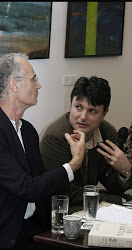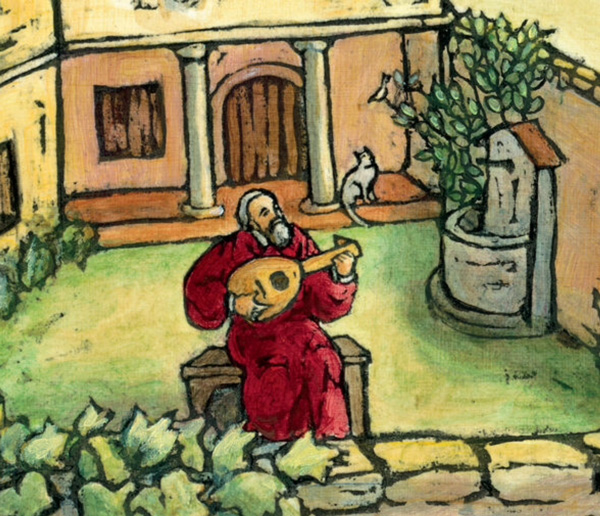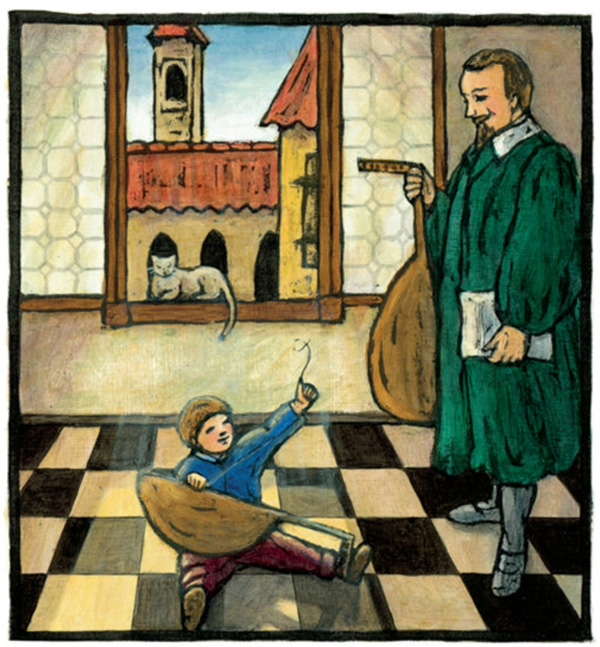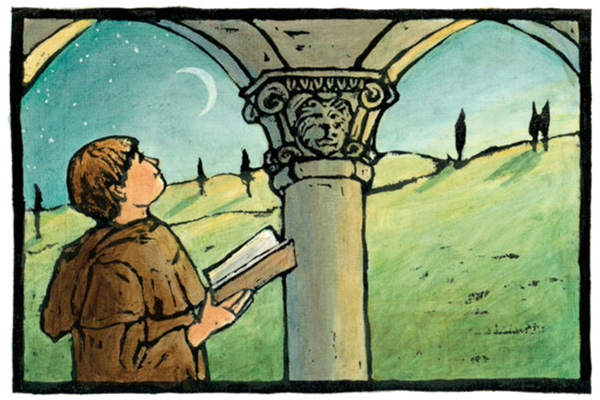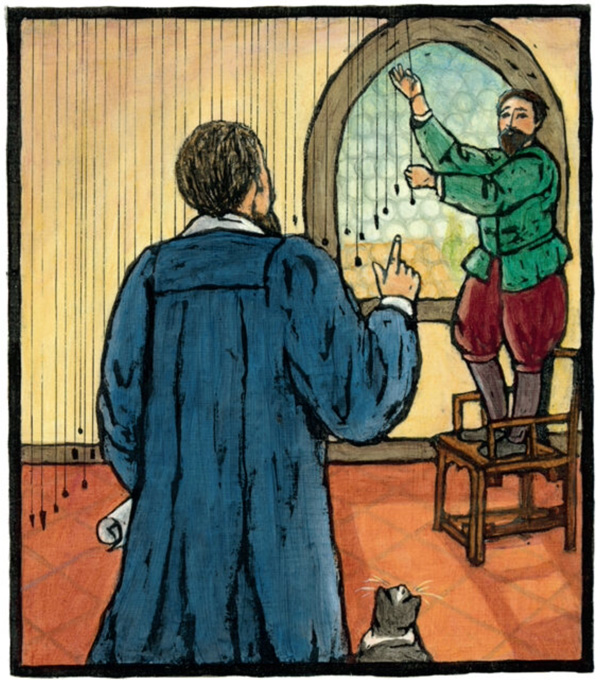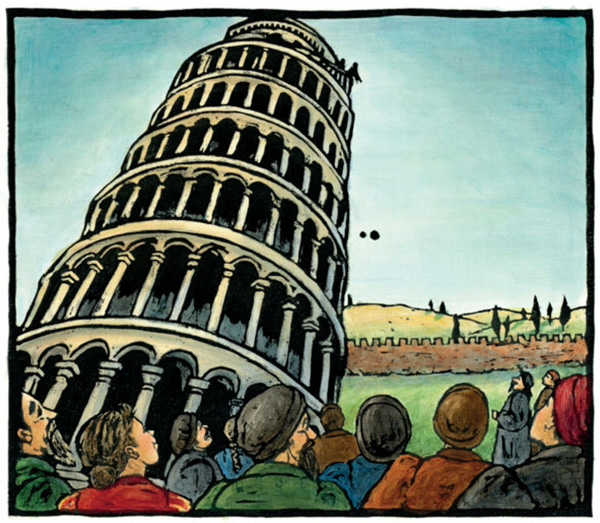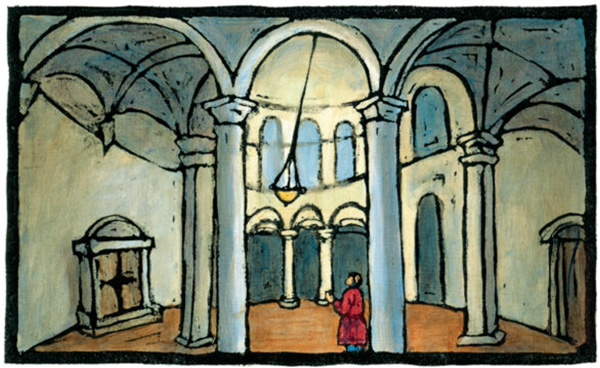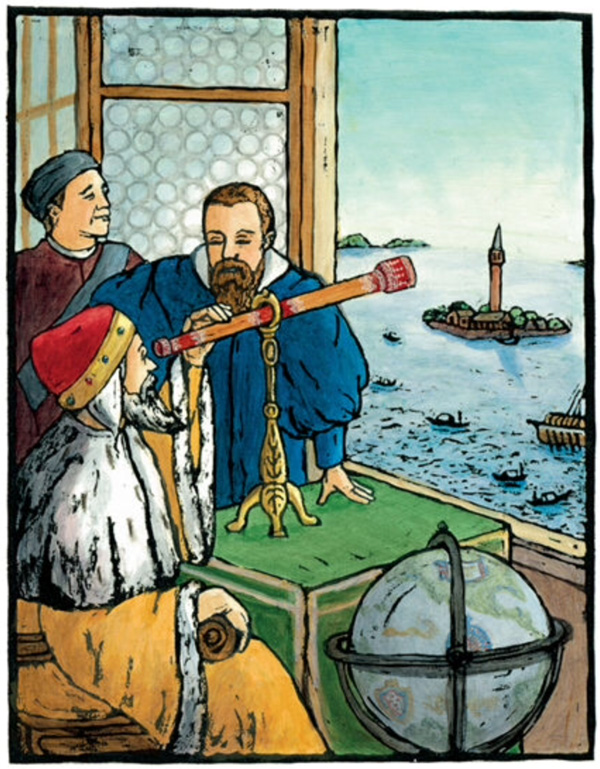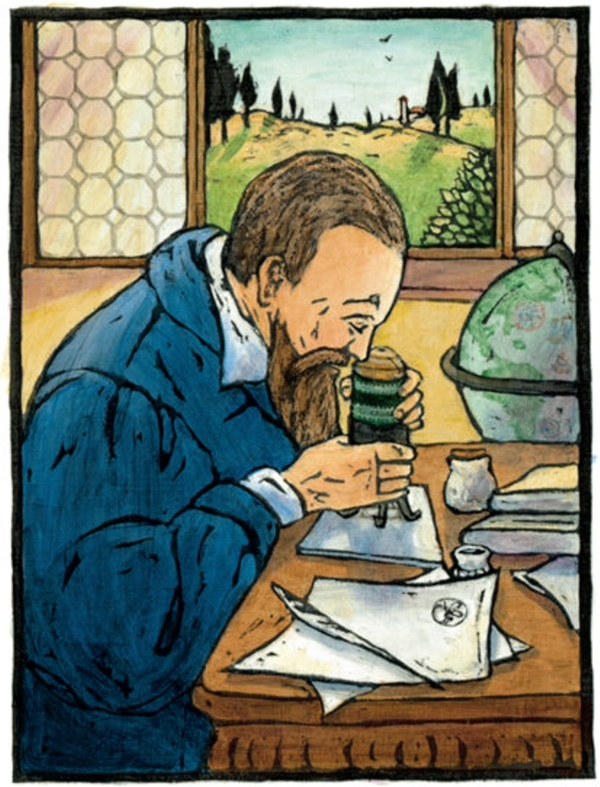15 July 2015
... English speakers first started colonising America more than 400 years ago. Since then, American English has been evolving, influenced by other languages, culture and technology. As the linguist Max Weinreich said, a language is a dialect with an army and a navy; the US has been an independent country for more than two centuries – and boasts the world’s most powerful examples of both. So why is American not a separate language? Or should we view it as one? How did it come to be so different, and how did it not come to be more different?
It starts with the identities of the first American English speakers. Four hundred years ago, the colonies were particularly attractive to people who were strongly opposed to the Church of England or couldn’t make a living there – they were not the cream of society. Once tobacco caught on, America became more attractive for those with money, but it still needed servants more than owners – servants and eventually slaves. The earliest American linguistic landscape was strongly influenced by dialects of the sort that even today are not highly esteemed by those with money. But they were still British, at first.
Then British English started changing in ways American didn’t. The ‘proper’ English of the early 1600s would sound to us like a cross between the English spoken in Cornwall and Dallas; the accent has changed more in British English than in much of American. Even at the time of the American Revolution, educated speech in England fully pronounced “r” in all places, and King George III probably said after, ask, dance, glass, and path the same as George Washington did: with the same a as in hat and fat. The ‘ah’ pronunciation was considered low-class in England until after the Revolution.
Along with pronunciation, word use in the two countries began to differ. Bill Bryson, in Made in America: An Informal History of the English Language in the United States, lists a number of words the English have left in the dustbin but Americans have kept using, including cabin, bug, hog, deck (of cards), junk, jeer, hatchet, slick, molasses, cesspool, trash, chore and mayhem, American uses of gotten as a past participle of get, fall to mean autumn, mad to mean angry and sick to mean more generally ill, which came from England but fell out of favour in the native land.
Brave new world
American English changed too. It had influences not present in England: a new landscape, new animals, and new people – not just those who were already there when the Europeans arrived but immigrants from continental Europe, as well as African slaves brought over to work on the plantations. Spanish gave many words useful in the South West, such as
canyon, coyote,
mesa, and
tornado; French handed over words such as
prairie, bureau, and
levee; Dutch gave words such as
bluff, boss, and
waffle; German gave
pretzel,
sauerkraut, and
nix; the African languages of the slaves gave words such as
goober, jambalaya, and the synonyms
gumbo and
okra. Later immigrant groups brought still more words. Many words were also taken (usually somewhat altered) from the indigenous cultures, eg
moose, raccoon, caribou, opossum, skunk, hickory, pecan, squash, and
toboggan.
English was also altered to suit need. Some things were named using existing words for passably similar things: laurel, beech, walnut, hemlock, robin, blackbird, lark, swallow, hedgehog. Once the Americans had their new government, words were pressed into service for some of its details as well, such as congress, senate, and assembly. Some things were named with new compounds: rattlesnake, bluegrass, bobcat, bullfrog; later, as the need arose, sidewalk, skyscraper,and drugstore. Words for things invented after American independence have often differed on opposite sides of the Atlantic: does your car have a boot and bonnet or a hood and trunk?
Tongue twisters
Early British visitors sometimes wrote of how little the dialect changed from place to place as they travelled through the colonies. America was also settled by people from all over Britain, not just one region, and they were quite mobile, which had a further homogenising effect. But the USA is a large country, and groups of immigrants from different countries have given distinct flavours to different regions. Once people settled in place, their speech started localising.
Regional variations in accent also came – and are still coming, even today – from the same kinds of phonological shifts that, in England, had turned person into parson and more recently have given us the Sloany “fraffly” (frightfully). Sometimes regional pronunciations of words made their way back into the standard version of English as different words: varmint from vermin, cuss from curse, thrash from thresh, chaw from chew, tetchy from touchy, and gal from girl. Turns of phrase have developed differently in different parts of the country, too: depending on where you are in the US, “I might could do that,” “Anymore, we do it this way,” and “So don’t I” may or may not be perfectly normal speech.
Americans felt most free – even obliged – to take linguistic liberties once they had taken their political liberty. As Noah Webster wrote in his 1791 Dissertations on the English Language, “As an independent nation, our honor requires us to have a system of our own, in language as well as government.” Not that all Americans felt the same. When, in 1800, Caleb Alexander came out with his Columbian Dictionary of the English Language, one reviewer wrote: “This work, a disgrace to letters, is a disgusting collection of every vicious word or phrase, chosen by the absurd misapprehension, or coined by the boors of each local jurisdiction in the United States. It is a record of our imbecility.”
 |
| Noah Webster wrote in 1791, "As an independent nation, our honor requires us to have a system of our own, in language as well as government." (Credit: Getty Images) |
Throughout the19th Century there was a great dictionary competition: between Webster’s deliberately American approach (his first full dictionary came out in 1818) and the much more British-orientated approach of Nathaniel Worcester (whose first dictionary was published in 1830). Both were very popular, and such esteemed authors as Longfellow, Hawthorne, and even Noah Webster’s distant relation Daniel Webster preferred Worcester’s conservative spellings. Which won out in the end? Well, we know, don’t we? No one today has heard of Worcester’s dictionaries. The Americans opted for a distinctiveness to mark their independence. The British, seeing this rebellion by those rough Yanks, pulled in the opposite direction.
Dollars and sense
The most cosmetically salient differences are, of course, the spellings. Webster promulgated many spelling reforms. Some did not catch on, and were reversed in his later dictionaries: no one spells bread as bred, give as giv, mean as meen, speak as speke, character as karacter, ache as ake, or tongue as tung. Others stuck. A few were inconsistently used in America and England before Webster, and his endorsement helped them to be standard in America and, consequently, rejected in England – notably the shift of words such as colour to color and of words such as naturalise to naturalize.
Others for which Webster’s dictionaries were the prime vector include changing centre to center, defence to defense, connexion to connection, and chequer and masque to checker and mask. His removal of the k in words such as magick, musick, and logick even came to be the standard in England.
For that matter, while many Brits are quick to denounce Americanisms where they see them (even ones that, as we have seen, came from England first), quite a few words of American invention have been adopted into British English, including belittle, caucus, prairie, cloudburst, blizzard, cafeteria, cocktail, talented, reliable, and influential.
The commerce of words, as of goods and culture, has continued apace across the Atlantic. Traffic between the colonies and in particular, London, has always helped keep American from diverging more. London remained the centre of English culture as the American colonies developed, and Americans with money and connections regularly crossed the Atlantic. The areas of the US where more distinctive dialects of English are spoken are well away from the halls of power, and their speech is typically stigmatised in the general culture. New York and other money cities – and the great universities – have maintained versions of English not so different from the educated British standard.
And that is an important reason American English is still American English. Money talks, and the US has not seen it as worthwhile to declare a distinct language, since American English, like the American dollar, is the current dominant force globally, like it or not.
*
P.S./N.B. Lest one forgets...
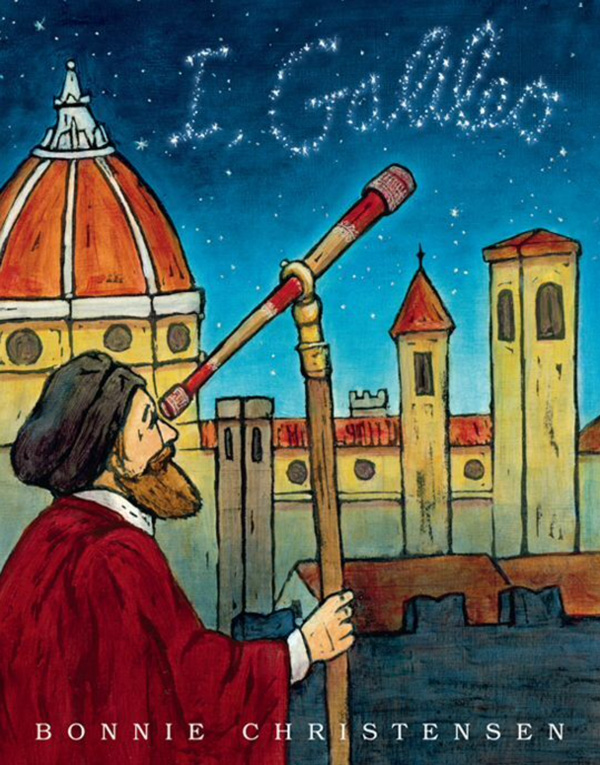 In 1564, Galileo Galilei was born into a world with no clocks, telescopes, or microscopes — a world that was believed to be the center of the universe, orbited by the sun and the moon and the stars. By the time he died seventy-seven years later, his ideas had planted the seed for the most significant scientific revolution in human history. In addition to his most notorious astronomical discoveries, which challenged centuries of religious dogma by dethroning Earth as the center of the universe andnearly cost him his life, Galileo alsoinvented modern timekeeping, created the microscope, inspired Shakespeare, and even provided a metaphorical model for understanding how culture evolves.
In 1564, Galileo Galilei was born into a world with no clocks, telescopes, or microscopes — a world that was believed to be the center of the universe, orbited by the sun and the moon and the stars. By the time he died seventy-seven years later, his ideas had planted the seed for the most significant scientific revolution in human history. In addition to his most notorious astronomical discoveries, which challenged centuries of religious dogma by dethroning Earth as the center of the universe andnearly cost him his life, Galileo alsoinvented modern timekeeping, created the microscope, inspired Shakespeare, and even provided a metaphorical model for understanding how culture evolves.